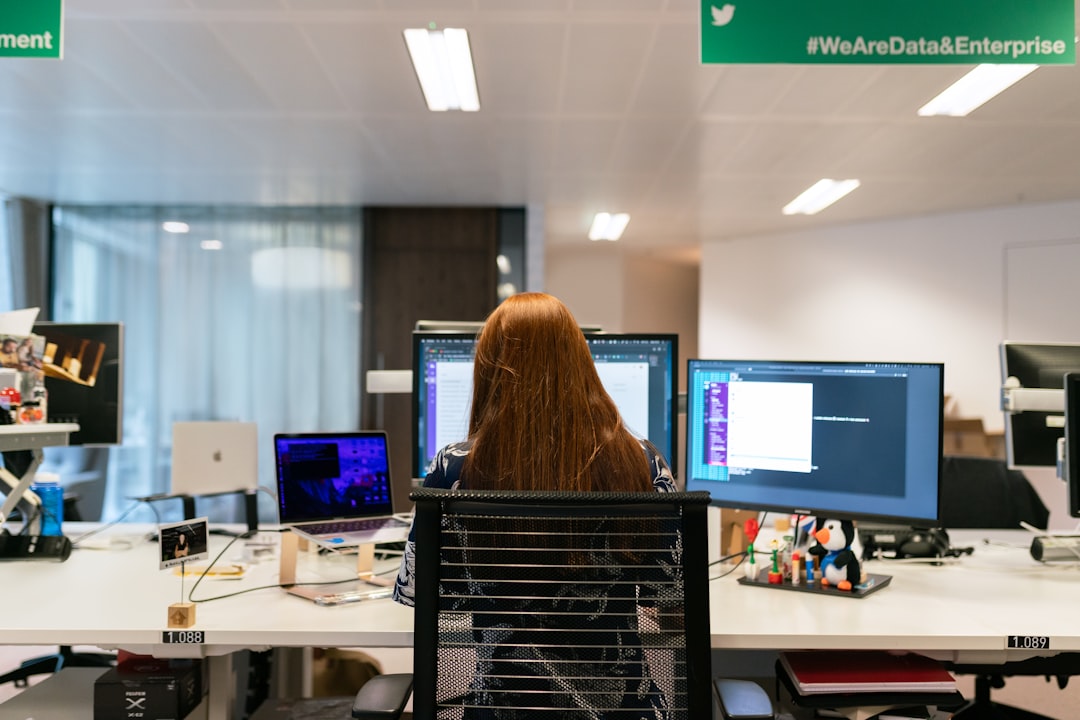No products in the cart.
AI’s Impact on the Tech Workforce: Layoffs, Skills, and the Future
AI is significantly altering the tech workforce, driving layoffs and demanding new skills. Discover how to navigate this change and thrive.
San Francisco, USA — The tech landscape is in the throes of transformation. The AI revolution is here, reshaping the workforce through layoffs, reassignments, and a nascent emphasis on new skills. Companies like Google, Microsoft, and Meta have been at the forefront, grappling with the dual challenge of integrating AI technologies while managing workforce expectations.
The recent wave of layoffs has stirred anxiety among tech workers. In 2023 alone, over 200,000 tech jobs were cut globally, with giants like Amazon and Salesforce leading the charge. This trend has raised questions about the sustainability of jobs in an era dominated by artificial intelligence. As companies adopt AI tools to enhance productivity, many roles are becoming obsolete.

However, this isn’t merely about job losses. It’s also about reimagining roles within organizations. For instance, IBM has actively shifted its workforce, reallocating employees to roles that complement AI capabilities. This approach aims to equip workers with relevant skills, ensuring they remain valuable assets in a tech-driven economy.
Notably, the demand for new skills is surging. A study by the World Economic Forum indicates that by 2025, over 85 million jobs may be displaced by the shift in labor between humans and machines. But there’s a silver lining: 97 million new roles are expected to emerge, particularly in areas involving AI management and oversight, data analysis, and digital marketing.
These initiatives aim to prepare the workforce for the jobs of tomorrow, highlighting a critical pivot towards lifelong learning.
Companies are responding by investing heavily in reskilling programs. Google, for instance, has launched its Career Certificates program, offering free online courses in data analytics, project management, and UX design. These initiatives aim to prepare the workforce for the jobs of tomorrow, highlighting a critical pivot towards lifelong learning.
Despite the positive outlook, challenges remain. The speed of technological advancement often outpaces the ability of educational institutions to adapt. As a result, many workers find themselves ill-prepared for the evolving job market. A report from McKinsey reveals that 87% of companies are experiencing skill gaps in their workforce, underscoring the urgent need for effective training and development.
Moreover, the gig economy continues to expand, offering both opportunities and uncertainties. Platforms like Upwork and Fiverr have seen a surge in users as professionals seek flexible work arrangements. For many, this shift represents a chance to leverage their skills outside traditional employment structures. However, the lack of job security and benefits poses significant risks.
As the AI revolution continues, it’s essential for individuals to proactively manage their careers. This means embracing continuous learning and seeking out opportunities for skill enhancement. Networking also plays a crucial role; building connections can open doors to new opportunities in a rapidly changing landscape.
Moreover, businesses must adopt transparent communication strategies. Engaging employees in discussions about AI integration and its implications fosters a culture of trust and collaboration. Companies that prioritize employee input are more likely to navigate these transitions smoothly.
Platforms like Upwork and Fiverr have seen a surge in users as professionals seek flexible work arrangements.
Looking ahead, the intersection of AI and the workforce will only deepen. As companies refine their AI strategies, the focus will shift towards creating hybrid roles that blend human creativity with machine efficiency. The future won’t just be about survival; it’s about thriving in a landscape where adaptability is key.
To prepare for this new reality, workers must take charge of their professional development. This includes seeking out training programs, engaging in industry discussions, and remaining open to new opportunities. By doing so, individuals can position themselves as indispensable in an AI-enhanced workforce.











